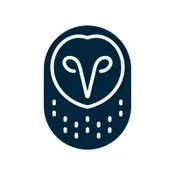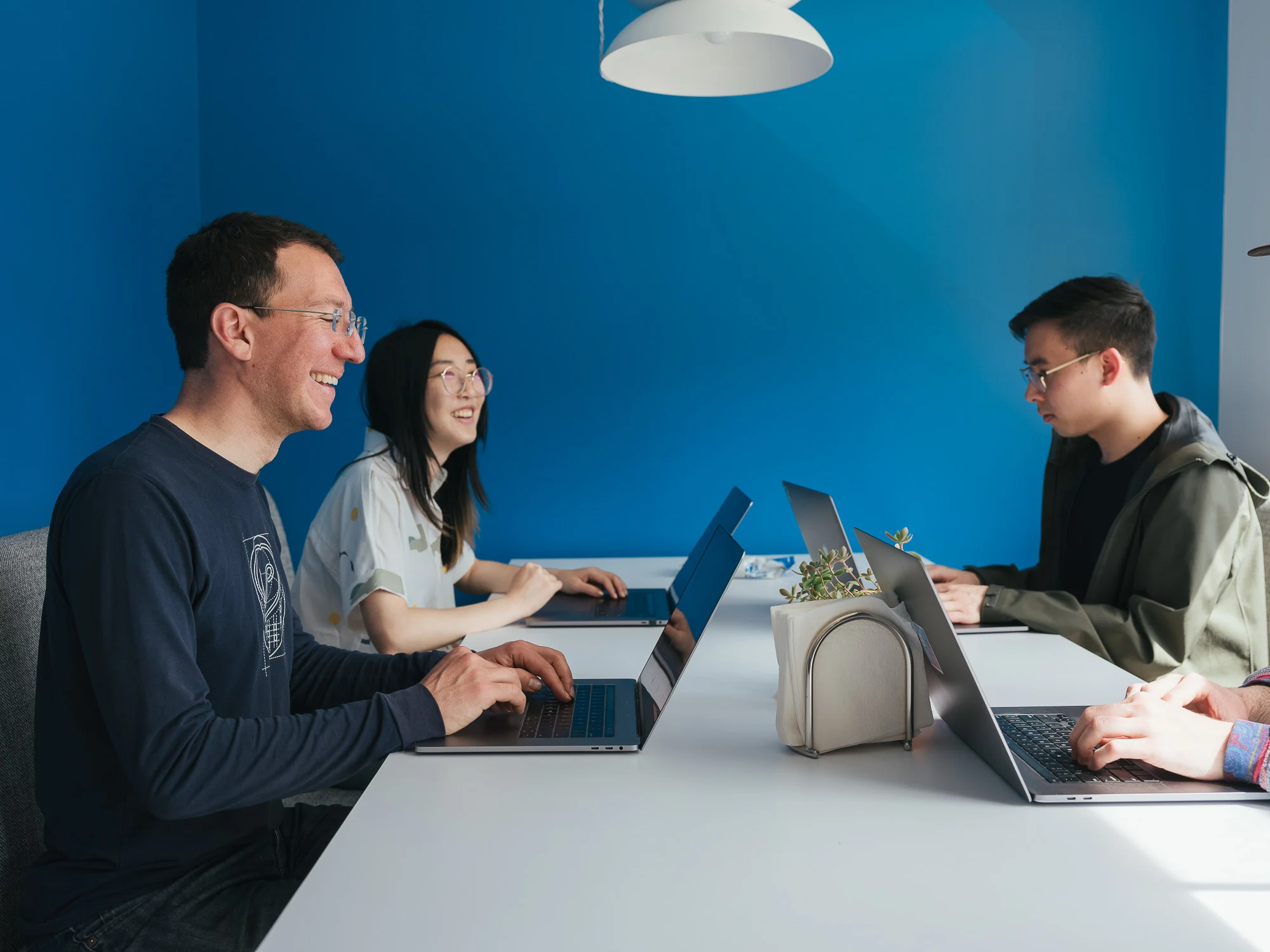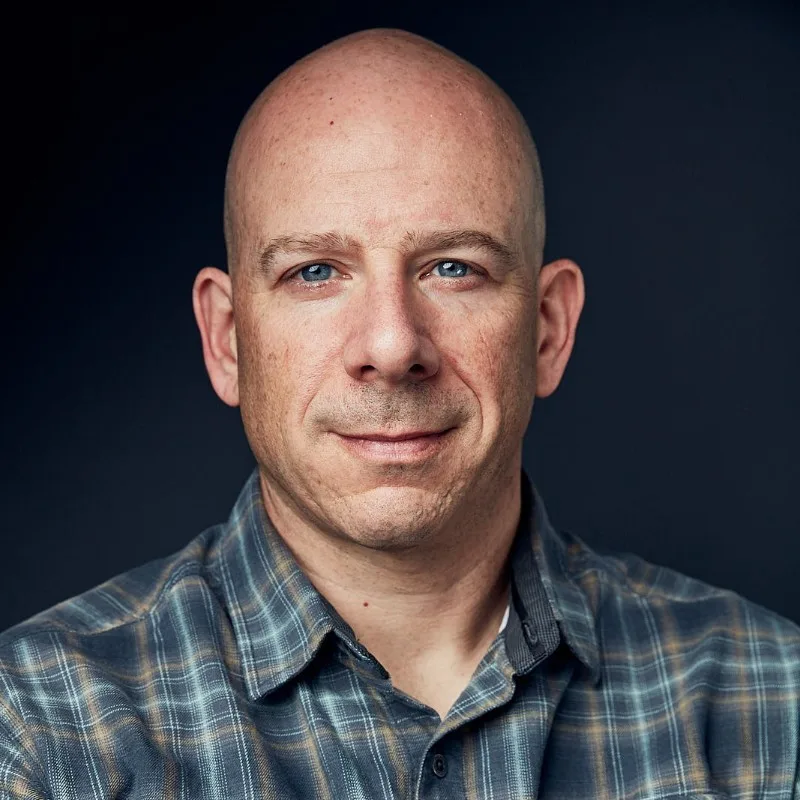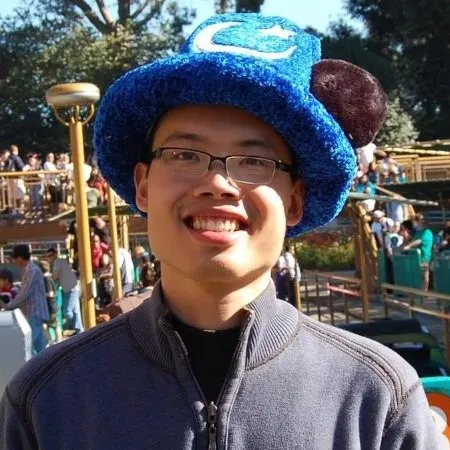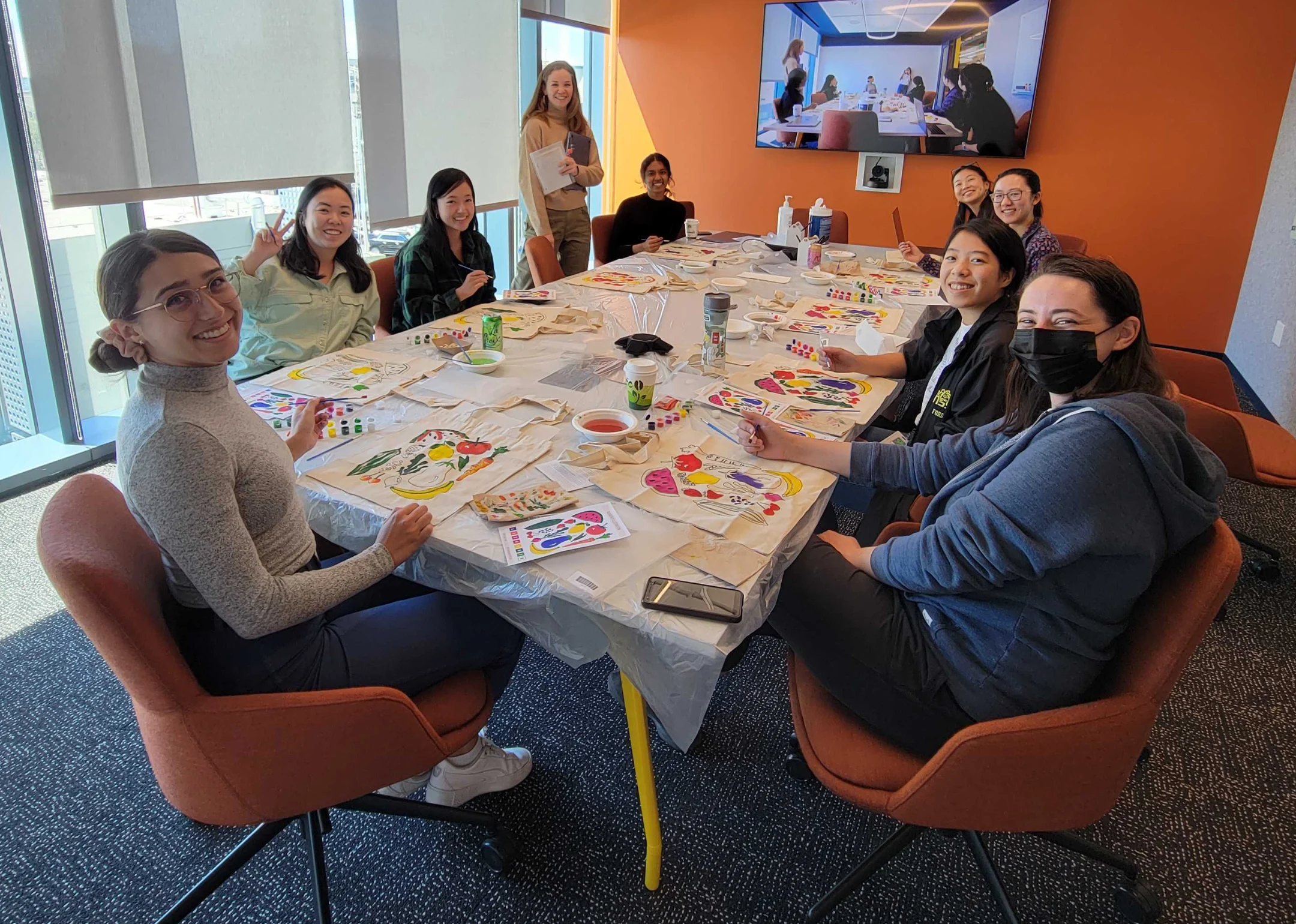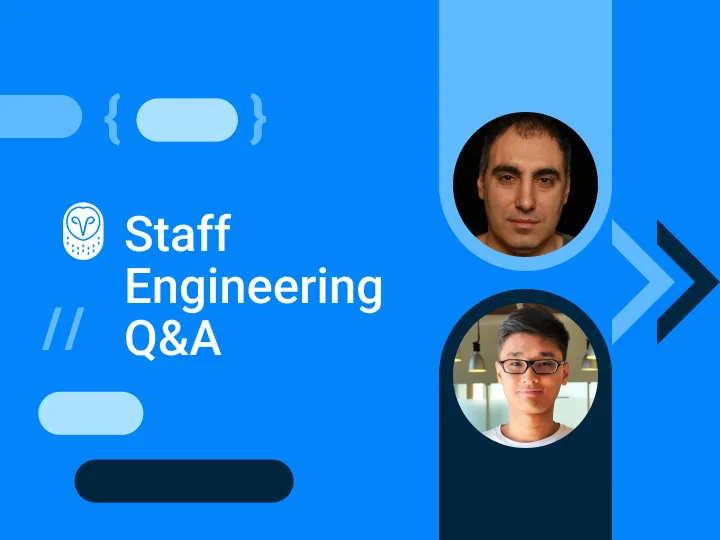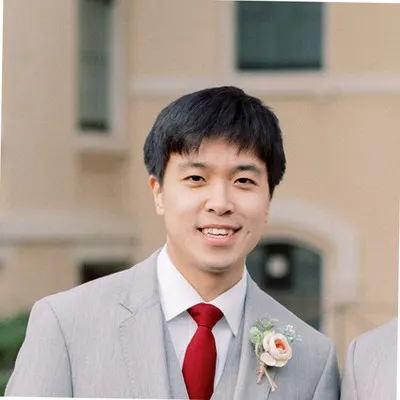Engineering At Samsara
Samsara Dev Spotlight: Ethan Blackburn
July 2, 2019

Here at Samsara, we love our people. To share what it’s like working here, we created a Dev Spotlight series to highlight members of our team. Once a month, we’ll talk to a Samsarian to learn why they’re with us, what their work is like, and what they’re all about.
Externally, Samsarians talk a lot about our features. Can’t fault us, it’s fun to talk about snazziness like Hyperlapse and Driver Safety Coaching. However, hot new features have to actually land in our customers’ hands. They have to work at scale, with as-perfect-as-we-can-get-it uptime, and do everything else that goes into guaranteeing solid SLAs, even in the face of rapidly growing and changing usage patterns.
So, internally, we’re very proud of (and thankful for!) our incredibly solid SRE and backend teams that make this happen.
Ethan Blackburn is the manager and team lead for our Site Reliability and Observability team. Let’s meet him. 😄
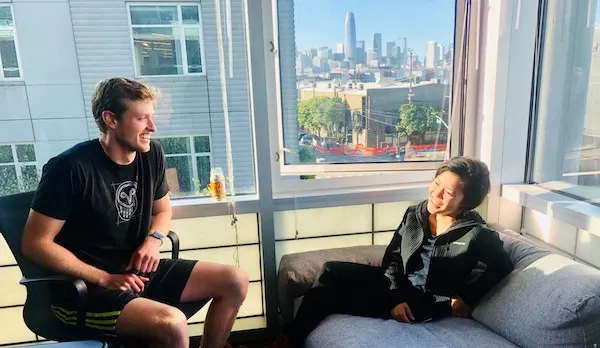
Why did you decide to join Samsara?
When I was interviewing, I actually knew two friends who worked here. One was a talented engineer who I worked with at a previous company. I knew that if she joined, then Samsara must have a respectable engineering team. The other was on the sales team and said "the product basically sold itself." I think the combination of a strong business and talented engineering team is rare, so I knew it wasn’t an opportunity to pass up.
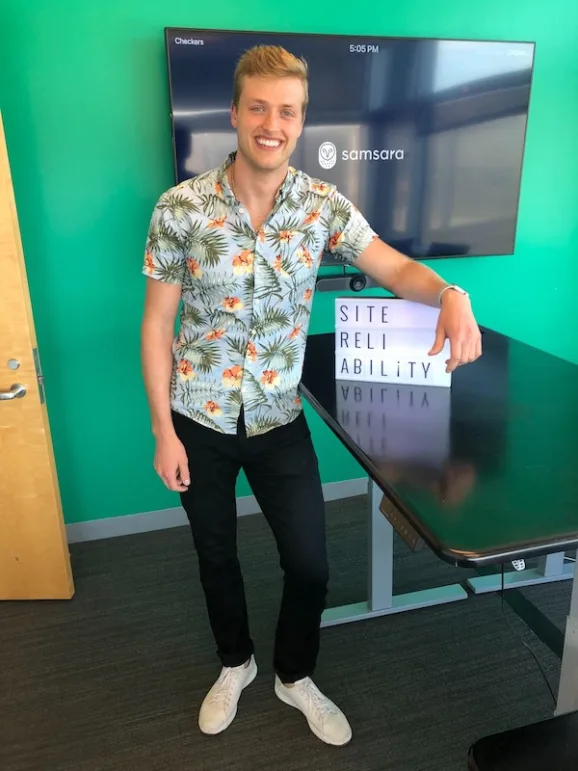
The most reliable shirt I own. #floralfriday
What’s your team responsible for?
My team — Site Reliability and Observability — is responsible for a lot, but primarily, we focus on making it as easy as possible to spin up a new product on the software-side and run it reliably in production. One of Samsara’s greatest strengths is our agility with respect to trying new products and testing new markets, and my team plays a key role in that.
More concretely, we abstract away much of the service infrastructure like AWS, Docker, and deployments so that full-stack developers don’t need to think about it. Once the service is running, we provide a full suite of tools that give developers insight into service health and performance right out of the box.
What are you currently working on?
As Samsara’s product has matured, we’ve had a greater focus on large customers and their needs. As our customers are in the business of operations, reliability is the top concern for them, so naturally, it’s on our minds, too. We’re helping give our engineering team confidence in what they build by automating the instrumentation of their services.
What makes Samsara and the engineering culture unique?
The executive team really cares about the health and happiness of their employees. They are consistently soliciting feedback and acting upon it. For example, when I joined, the engineering team was only 30 people, and yet we had regular Peakon surveys to measure the satisfaction of the team and surface any issues that come up as we scale.
One quarter, the collective feedback was that we generally didn’t feel tuned in to the company’s high-level strategy. Within a couple weeks, our executive team scheduled AMAs and “town halls” so we could get all our questions answered.
What was your biggest fear before joining Samsara?
Do they have enough LaCroix?
What was your journey to becoming an Engineering Manager, and how do you hope to grow at Samsara?
I joined Samsara as a team lead where most of my job was coordinating large projects and helping others execute. I had the opportunity to mentor other engineers many times here, and I’ve always found a lot of satisfaction from helping someone grow. A natural next step for me was to make it my job to grow others. I’m really looking forward to learning how to scale this skill across more people and teams.
What’s the best advice you’ve gotten from another Samsarian?
Be biased for action. When making decisions that are reversible, building a complete picture of tradeoffs has only a marginal benefit and can significantly slow you down. Instead, taking calculated risks allows for more experimentation and faster execution.
When making decisions that are reversible, […] taking calculated risks allows for more experimentation and faster execution.
Interested in working at Samsara? Check out our open positions. We’re always looking for great people to join us as we learn and grow together, and if you love learning and building things in a highly collaborative environment, we’d love to hear from you! 👋





